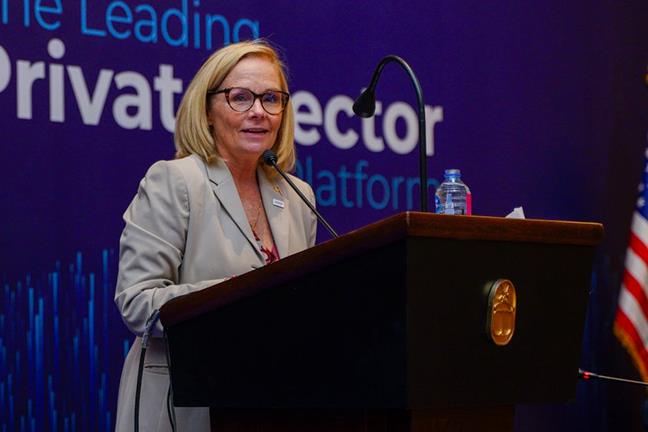Hitting a new record, Egypt’s annual headline inflation accelerated in August to 39.7% compared to 38.2% recorded in July, according to figures released by the Central Agency for Public Mobilization and Statistics (CAPMAS) in September.
In August, Egypt’s headline monthly inflation rose by 1.6% compared to the level reached in July, CAPMAS data showed.
On the other hand, Egypt’s core inflation –calculated by the Central Bank of Egypt (CBE)– slightly decelerated in August to 40.4% versus 40.7% seen a month earlier.
“The August inflation reading came slightly higher than S&P Global Market Intelligence’s forecast of 37.1%, up from 36.5% in July. This is the highest in data going back to 2010, higher than the levels attained after the 2016 currency devaluation,” Yasmine Ghozzi, Senior Economist for Middle East and North Africa (MENA) Economics and Country Risk at S&P Global, explained to Business Monthly.
Ghozzi emphasized that the ongoing inflationary trend should not come as a surprise. This trend can be attributed to several key factors, including the EGP devaluation that took place in January 2023, severe shortages of essential goods, ongoing efforts by authorities to address the import backlog due to a critical shortage of foreign exchange (FX), increases in interest rates, and the continued weakness of the parallel currency market compared to the official spot price. These combined factors have resulted in the longest pass-through effect on inflation, spanning eight months, in contrast to the five months observed during the previous two devaluations in March and October 2022.
Since March 2022, Egypt has devalued its local currency against the US dollar three times, through which the EGP lost significantly its weight against the greenback. Also, Egypt is experiencing a severe shortage in the US dollar liquidity in the wake of the exiting of over $20 billion in hot money from the local market as a result of the high-interest rates the US offers on its debt investment instruments.
Ghozzi pointed out that according to S&P Global Market Intelligence, inflation is expected to continue accelerating throughout the remainder of 2023. This projection is based on the belief that several factors will contribute to sustained and robust price growth in the upcoming months. These include the possibility of fuel price adjustment, the seasonal adjustment to the education cost in October, supply bottlenecks, as authorities continue to clear import backlogs), and the further weakening of the Egyptian pound.
In this regard, Ghozzi predicted that Egypt’s inflation might begin to moderate in 2024, primarily due to a favorable base effect. However, this outcome will be contingent on the extent to which the local currency depreciates against the US dollar, with a devaluation expected to take place before the conclusion of 2023.
“We expect that headline inflation will reach close to 35% in 2023 and 20% in 2024,” said Ghozzi.
Given the pivotal role of the inflation trend in shaping the country’s monetary policy, and with the CBE’s Monetary Policy Committee (MPC) scheduled to meet on Thursday, September 21 to assess key interest rates, Ghozzi highlighted that S&P’s baseline scenario indicates the necessity for additional rate hikes. These hikes are deemed essential for Egypt’s movement toward a monetary policy framework that prioritizes the gradual reduction of inflation and the transition to a flexible foreign exchange regime, as outlined in the IMF-EFF arrangement.
“We currently factor in 2% (200) bps of rate hikes, occurring over the September 1% (100 bps) and November 1% (100 bps) meetings, respectively, to reach 21.25%. However, with accelerating annual headline inflation in the past two months and monthly trends hinting towards a slowdown in inflationary pressures, the CBE could then keep rates on hold when it meets on September 21”, Ghozzi showcased.
CBE hiked the key interest rates by a total of 3% (300 bps) since the start of 2023, bringing the total increases applied to the interest rates to 11% (1100 bps) since March 2022.







